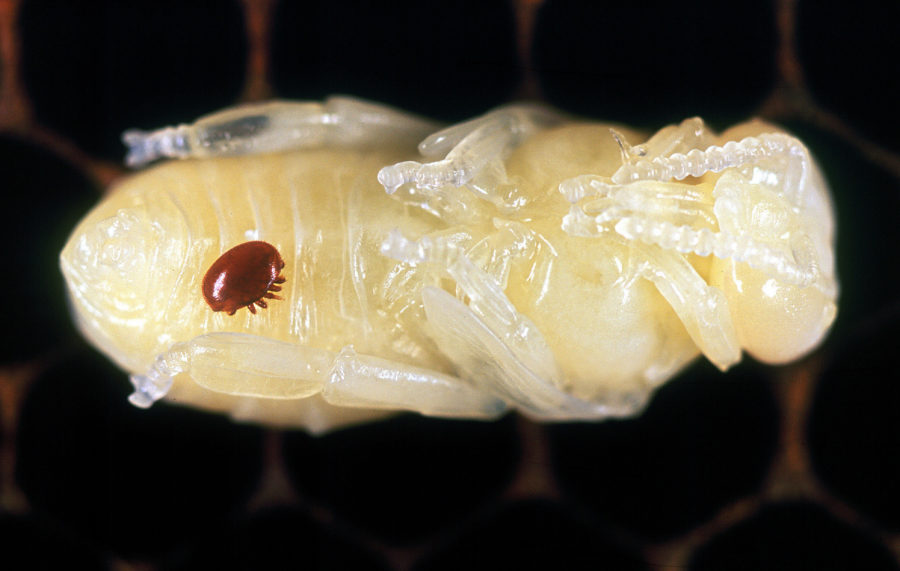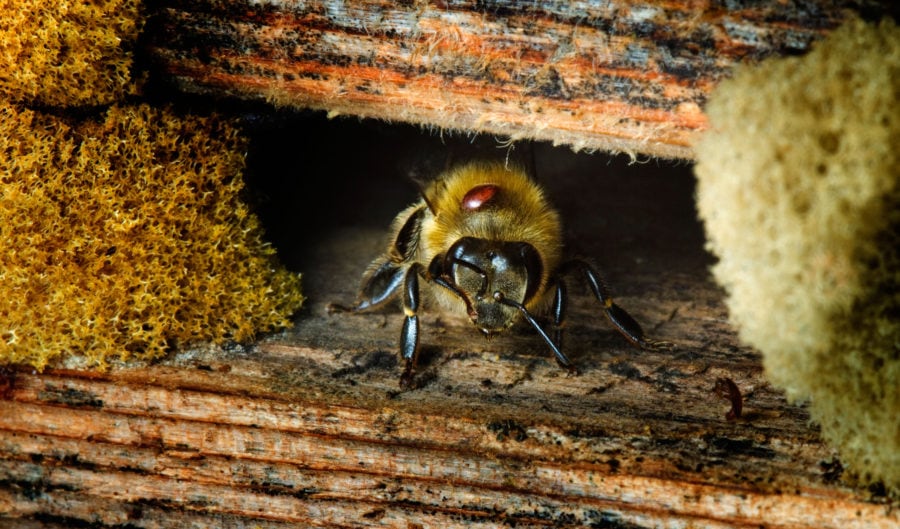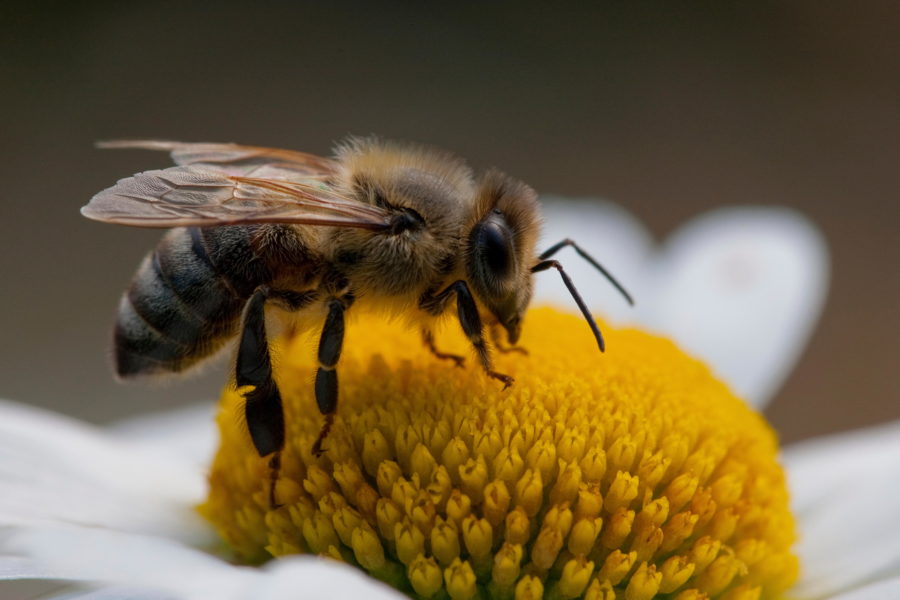Australian scientists developing world-first varroa mite pesticide safe for honey bees

Scientists will create molecules to selectively bind to the hormone receptors of the mite and interfere with its reproduction, development, and behaviour, in a joint initiative between research group Hort Innovations and the University of Sydney.
Scientists have been working on the project for the past 18 months, specifically targeting the honey bee and mite.
Project lead Professor Joel Mackay from the University of Sydney says insecticides that target the varroa mite’s receptors have not been created before.
“Our goal is to make molecules that will interact with and block the activity of this hormone in a pest insect like the varroa mite, but not be able to interfere with the activity of the hormone in a beneficial insect, for example the honeybee,” Professor Mackay told AAP.
“Most insecticides used across agriculture are non-selective neurotoxins that will basically kill whatever you apply them to, so we’d really like to turn that around.”
But he says the research is still at least two years off the concept being commercialised.
Varroa mite was detected at the NSW Port of Newcastle in late June, and has since been found in 42 properties across the state.
By mid July some 1570 hives had been euthanised, with more than 15 million bees destroyed in a bid to eradicate the parasite.
Australia was the last remaining continent to be free of the mite until recently, and authorities are still hopeful they can eradicate the mite.
There was an estimated 315,100 bee hives in NSW before the mite was detected.



